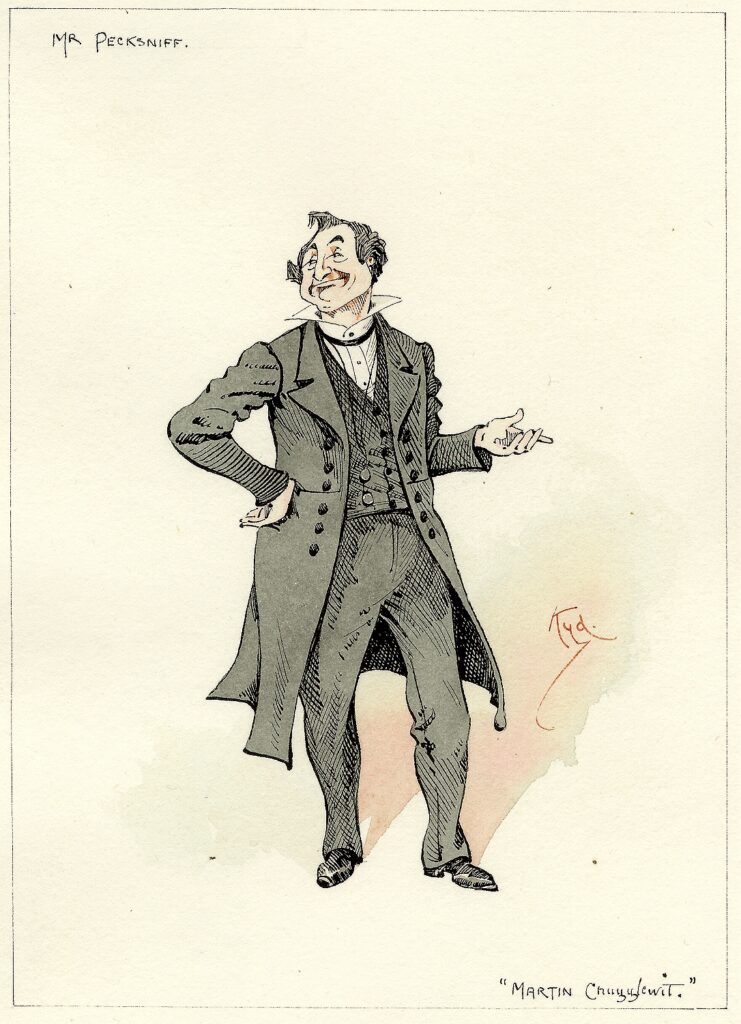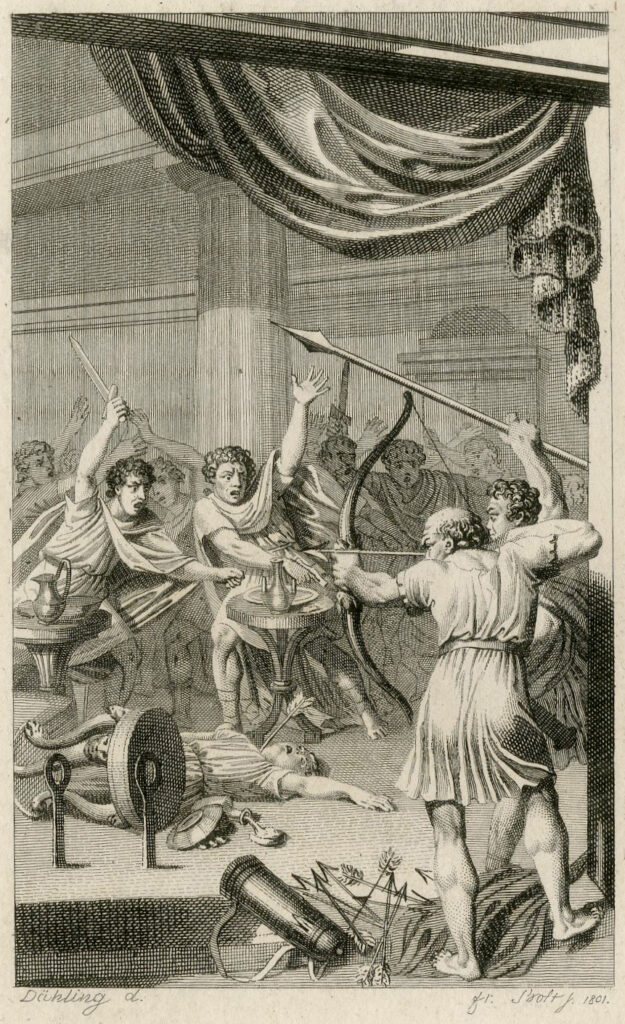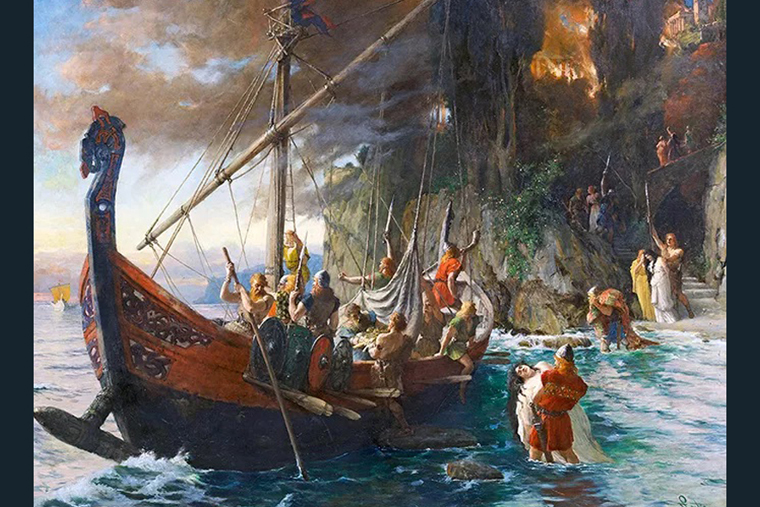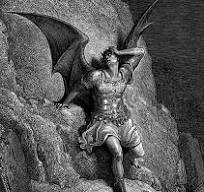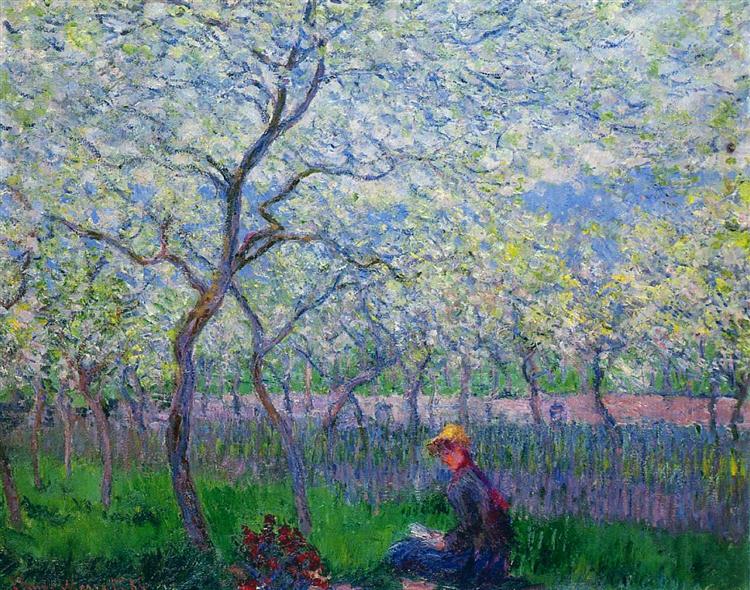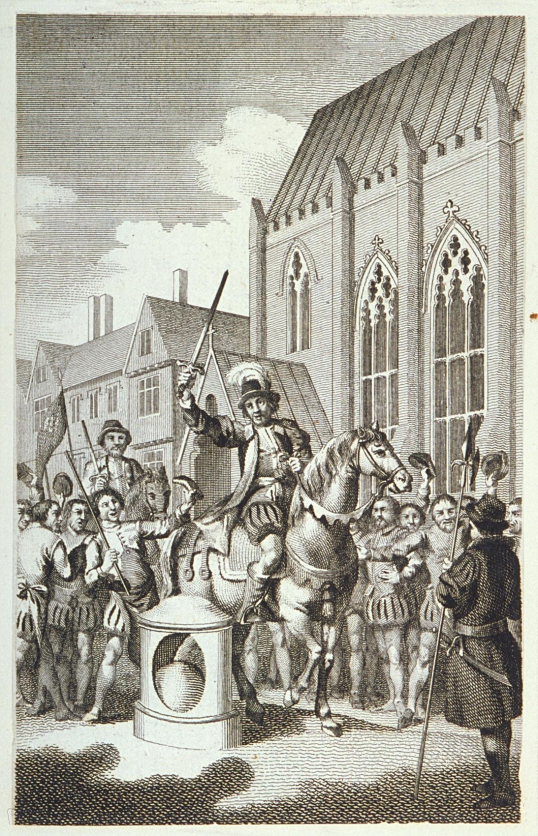Note: If you wish to receive, via e-mail, (1) my weekly newsletter or (2) daily copies of these posts, write to me at rrbates1951@gmail.com. Comments may also be sent to this address. I promise not to share your e-mail with anyone. To unsubscribe, write here as well.
Friday
Much has been made—and some comfort found—in the fact that the Trump-Musk administration resembles the gang that couldn’t shoot straight. Inadvertently inviting a reporter into a high-level meeting discussing battle plans for an about-to-be-launched attack is only the latest example of many.
It’s less comforting to learn, however, that the same could be said of Adolph Hitler’s administration. As Tom Phillips’s recent book HUMANS: A Brief History of How We F*cked It All Up observes, Hitler was actually “an incompetent, lazy egomaniac and his government was an absolute clown show.”
Phillips points this out to counter our impression that the Nazi machine was ruthlessly efficient. In actuality, it resembled what we’re currently seeing from Trump:
[Hitler’s] government was constantly in chaos, with officials having no idea what he wanted them to do, and nobody was entirely clear who was actually in charge of what. He procrastinated wildly when asked to make difficult decisions, and would often end up relying on gut feeling, leaving even close allies in the dark about his plans. His “unreliability had those who worked with him pulling out their hair,” as his confidant Ernst Hanfstaengl later wrote in his memoir Zwischen Weißem und Braunem Haus. This meant that rather than carrying out the duties of state, they spent most of their time in-fighting and back-stabbing each other in an attempt to either win his approval or avoid his attention altogether, depending on what mood he was in that day.
Phillips notes that there is debate amongst historians about “whether this was a deliberate ploy on Hitler’s part to get his own way, or whether he was just really, really bad at being in charge of stuff.” He himself concludes that, “when you look at Hitler’s personal habits, it’s hard to shake the feeling that it was just a natural result of putting a work-shy narcissist in charge of a country.”
What Germany’s elites failed to realize, however—and what many Americans failed to realize—is that just because you’re incompetent doesn’t mean that you can’t take over a country.
Furthermore, although lazy idiots, Trump and Hitler knew/know how to put on a show. In my book Better Living through Literature I talk about Jonathan Gottschall’s Storytelling Animal: How Stories Make Us Human, which looks at Hitler’s genius in this area. Gottschall examines “how he used story in his rise to power, and how he suppressed countervailing stories”:
Starting off with the Fuhrer at 16, Gottschall says that Hitler’s megalomania was triggered by Richard Wagner’s opera Rienzi and that he relied on Wagner ever after. The opera tells a story about a populist hero who rises to power and then is betrayed by his former allies and dies in a glorious last stand. In other words, Wagner’s work operatically fed both Hitler’s megalomania and his narcissistic self-pity. Gottschall argues that Hitler essentially “ruled through art, and he ruled for art.” Citing Frederic Spotts’s Hitler and the Power of Aesthetics, he notes that Hitler’s goals were more “broadly artistic” than military or political. According to Spotts, “Hitler’s interest in the arts was as intense as his racism; to disregard the one is as profound a distortion as to pass over the other.”
Because of his interest in art, Hitler, along with his chief propagandist Joseph Goebbels, paid special attention to literature, targeting books they claimed were “un-German in spirit.” His ban, however, worked as an indirect compliment, as Bertolt Brecht observes in his poem “The Burning of the Books.” By consigning to the flames such writers as Heinrich Mann, Brecht, Ernst Glaser, Erich Kastner, Jack London, Theodore Dreiser, Ernest Hemingway, Heinrich Heine, and Thomas Mann, the Nazis implicitly acknowledged, as Gottschall puts it, that “ink people are among the most powerful and dangerous people in the world.”
I thought of Gottschall’s book and Hitler’s fixation on culture as I watched Trump assume directorship of the Kennedy Center and pose, Evita-like, from the upper balcony. (He may also have been channeling Mussolini.) If everything is about showy narratives, then it makes sense that he would become excited over staging musicals. (Apparently he wants to bring back Evita, Cats, and Phantom of the Opera.) We saw this in his first administration when he fantasized about Red Square-style military parades, worried about his hair getting wet when visiting Normandy Beach cemeteries, and criticized his chief of staff General John Kelly for inviting a disabled vet to sing the national anthem. His policy positions may be an inch deep, allowing subordinates to dictate his agenda, but he knows how to spin a narrative.
Because Hitler had similar skills, he was able to launch a war that led to between 70 and 85 million dead. Trump will never achieve that level of “success,” but between his Covid response, his attacks on USAID, his order to halt funding childhood vaccinations abroad (a program that has reportedly saved 18.8 children’s lives since its inception in 2000), and his support for Russia in the Ukraine conflict, he’s tallying an impressive number of deaths on his own.
But hey, if he can lord it over our cultural institutions, it will all have been worth it. Unlike Evita, however, he will not be cried for when he falls.


